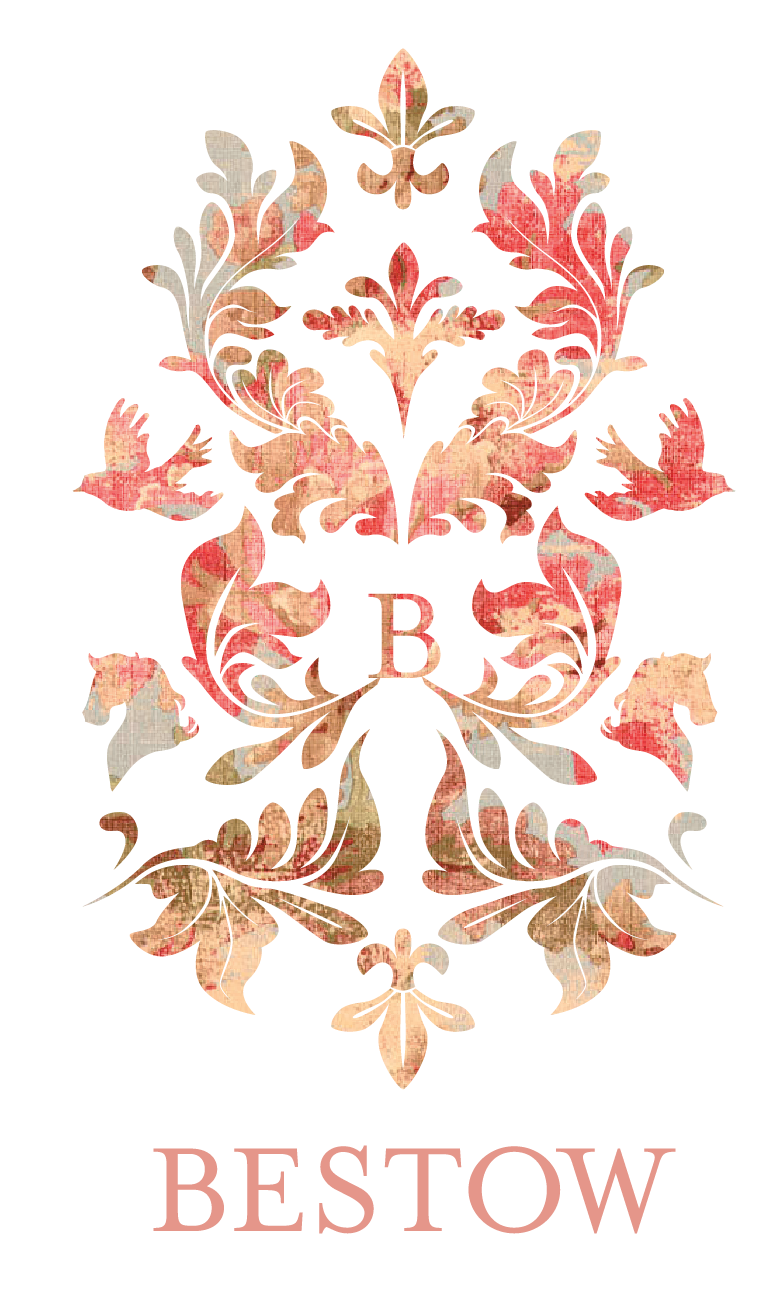4 REASONS TO DITCH YOUR PROTEIN POWDER!
Everywhere you turn these days you see protein powder, at your exercise class, at the supermarket and all over social media. It is usually made from powdered forms of either plant protein like hemp or pea or from milk (whey). Protein powders are a handy way to boost your protein intake without a doubt, but at what cost?
There is no denying it, we need protein. Our bodies use it to build and repair tissues as well as make enzymes, hormones and other important chemicals. It’s an important building block of muscles, bones, cartilage and blood.
Protein is also a building block for our skin. The skin uses it to make collagen, elastin and keratin, three key skin proteins that keep skin healthy and beautiful.
Protein powders are a handy way to boost your protein intake without a doubt,
but at what cost?
Many of us think we aren’t getting enough protein or believe we need more. Our ‘go to’ is adding protein powder to our diet instead of looking for ways to get it naturally. I get it, we all love an easy answer! But sometimes we need to look at what that answer really means.
They often include other ingredients such as sugars, flavouring, thickners, toxins (like lead and BPA) and fillers. This can also be true for the ones labelled organic and vegan.
It is a very concentrated form of protein. Instead of being accompanied by other nutrients like fibre found in whole food, most protein powders deliver protein on its own with only some type of milk (plant based or dairy) and very little else meaning our body doesn’t have the right ratio of fibre to protein needed to process correctly.
We can consume too much protein! Protein is processed in the large intestine and if our microbes ferment too much protein they release chemical compounds that can damage our health and can also result in foul-smelling gas. Believe me, nobody wants an unhappy gut microbiome!
Protein powders can also have a negative effect on your skin. For those who have a skin that easily becomes congested and breaks out, then your protein powder will be contributing to this. Basically, the protein is too concentrated for the skin to be able to process, creating fine blockages or bumps in the skin.
So how do you know if you even need to add a protein powder to your diet?
One egg contains 6 grams of protein.
If you are unsure of whether you need to boost your protein intake, then first take a look at how much protein you need and what you are currently having in your diet and go from there. Protein is recommended at an average of 46 grams per day for women and 56 grams for men. This could look like
One egg for breakfast (6 grams)
170 grams of plain Greek yoghurt (18 grams)
85 grams of Salmon for lunch (17 grams)
Handful of nuts (4-7grams)
57 grams of chicken (14 grams)
If you are consuming enough protein through your diet then your body and your skin will have all it needs to be healthy and happy. If not, your first place to start would be boosting your intake from food. Foods such as nuts, seeds, legumes, fish, poultry, eggs and lean meat are all great options. Dairy is also another good option if you can tolerate it.
For those of you who love your daily smoothie we totally understand as we are smoothie lovers too. However instead of adding protein powder we add one of the options below to boost the protein content:
¼ cup rinsed white cannelinni beans gives you 11 grams of protein (plus fibre!)
110g silken tofu gives you 10 grams of protein (plus fibre!)
These fantastic protein options don’t change the taste of your smoothies!
We know they sound a little alternative but give them a go! They will give you the protein without the nasties and you’ll be pleased to know, they don’t change the taste!
So boost your protein by all means – if you think you need to – but save your skin and increase your intake of protein-rich foods instead.
NOTE: There are some cases where protein powders are recommended but we suggest you only use them with supervision from a medical practitioner.
By Jenny Barrow



